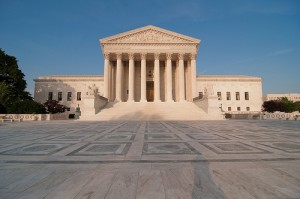Overtaxed? The SLLC and IMLA File Supreme Court Amicus Brief in Comptroller v. Wynne
Posted
08 Aug 2014 in IMLA Briefs
Every Supreme Court tax case comes down to an argument perhaps most familiar to small children :
“It isn’t fair.”
The State and Local Legal Center (SLLC)/International Municipal Lawyers Association (IMLA) amicus brief in Comptroller v. Wynne argues that the tax policy choice the Maryland legislature made is fair (or at least fair enough) and that state and local governments should be able to devise tax schemes without judicial interference.
In Comptroller v. Wynne the Supreme Court will determine whether the U.S. Constitution requires states to give a credit for taxes paid on income earned out-of-state.
:
“It isn’t fair.”
The State and Local Legal Center (SLLC)/International Municipal Lawyers Association (IMLA) amicus brief in Comptroller v. Wynne argues that the tax policy choice the Maryland legislature made is fair (or at least fair enough) and that state and local governments should be able to devise tax schemes without judicial interference.
In Comptroller v. Wynne the Supreme Court will determine whether the U.S. Constitution requires states to give a credit for taxes paid on income earned out-of-state.




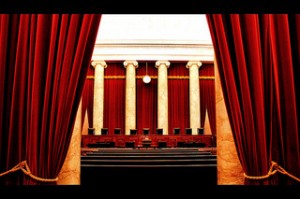
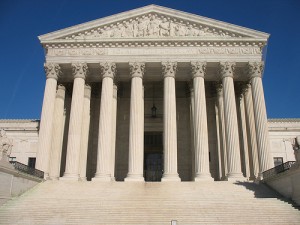
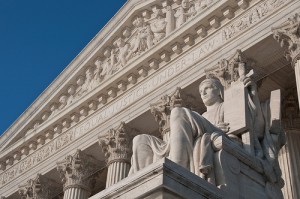
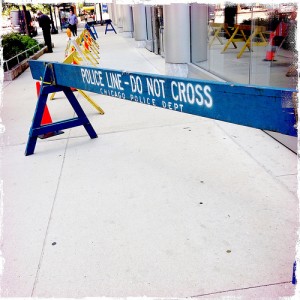 A local government can create a 35-foot buffer zone to restrict speech on a public street only if it has first made a serious effort to address the issue in other ways.
That's the lesson of
A local government can create a 35-foot buffer zone to restrict speech on a public street only if it has first made a serious effort to address the issue in other ways.
That's the lesson of 